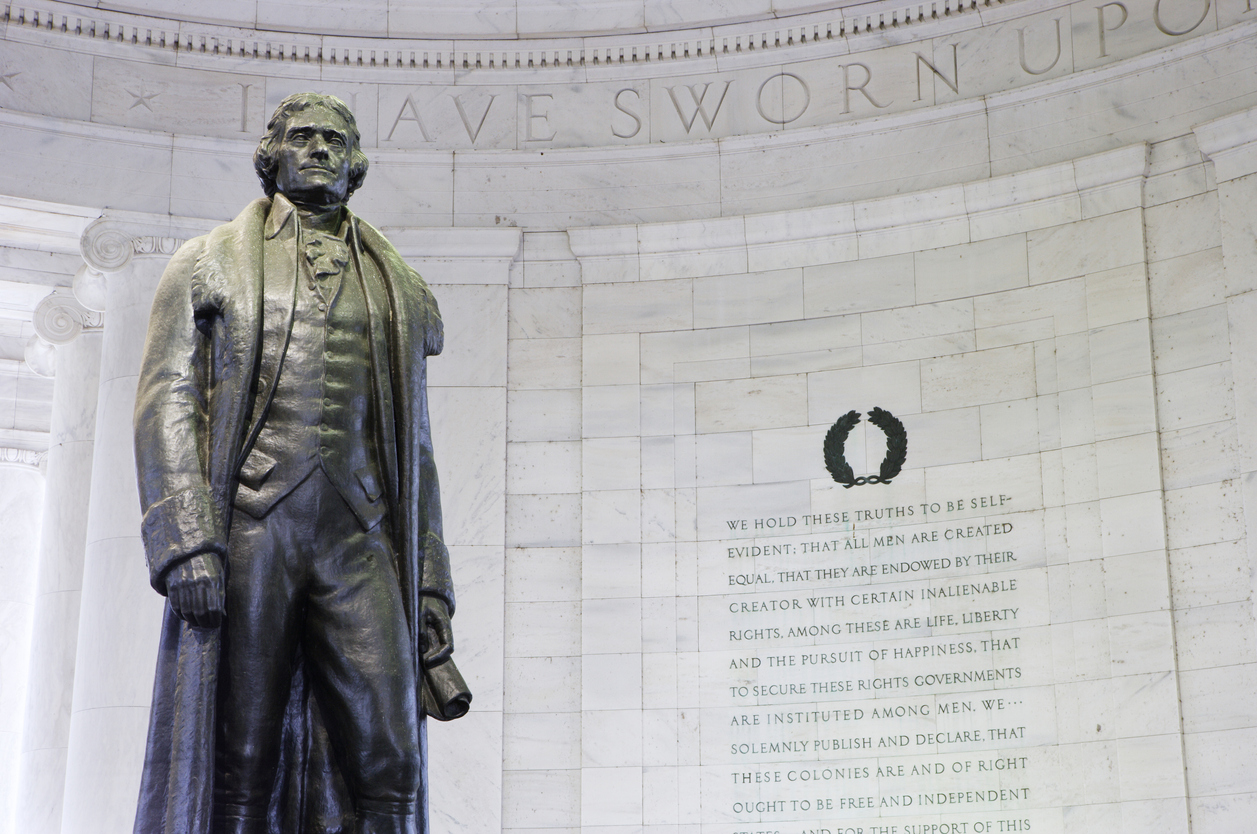Holly Soffer wrote a guest blog yesterday, COVID-19 and The New Jersey Assembly Bill 3844, which concerned a bill that would retroactively void the “virus” exclusion and potentially open up the business income loss, extra expense, and civil authority coverages under commercial policies to those businesses with less than 100 employees. I summarily dismissed this bill in, Coronavirus Insurance Coverage Update—Politicians Becoming Involved. But this involves New Jersey, and as one great sports commentator reminds us about our opinions, “not so fast, my friend.”
My view of law has changed a lot over the years. As indicated in my recently published book, Pay Up! I wanted to be a lawyer because lawyers can figure out where we stand—what our rights are. It seemed empowering to at least understand what we were obligated to do and what obligations others had to us. But, one old fashion and conservative concept I have tried my best to live by is “a deal is a deal.” You live by your word. I try to do business with people that have the same value.
Some Aussie trial lawyers saw me give a speech in Chicago in 1999. I was then invited by the Australian Trial Lawyers Association to deliver their keynote speech in 2000. I learned a lot about how different Australian and American legal concepts are. It is not that one is wrong and the other right. They are just different in how they each search for and seek justice. The same is true as I criss-cross our country in different states trying to apply insurance law.
So, when I wrote a week ago, “it would be a strange world if we could have elected officials change our currently existing private deals with new legislation,” it is not so strange in New Jersey.
Merlin Law Group attorney Jason Cieri, who lives in New Jersey and works in our Red Bank, New Jersey office, sent me a case, Hand v. Philadelphia Insurance Company.1 The case quoted from the New Jersey Supreme Court:
Two questions inhere in the determination whether a court should apply a statute retroactively. The first question is whether the Legislature intended to give the statute retroactive application. If so, the second question is whether retroactive application is an unconstitutional interference with ‘vested rights’ or will result in a ‘manifest injustice.’
I am certain that all the insurance company attorneys will be screaming that due process and manifest injustice will result. After all, their New Jersey operating insurance clients will actually pay insurance claims, which they are slow to do and often not able to accomplish. At least those insurance company attorneys will be getting some work and should not scream too loudly at the New Jersey politicians helping them through the crisis. Indeed, the commercial policyholder premiums whose claims are being denied help pay for their fees.
I have always agreed with Thomas Jefferson on this issue:
The sentiment that ex post facto laws are against natural right is so strong in the United States, that few, if any, of the State constitutions have failed to proscribe them. The federal constitution indeed interdicts them in criminal cases only; but they are equally unjust in civil as in criminal cases, and the omission of a caution which would have been right, does not justify the doing what is wrong. Nor ought it to be presumed that the legislature meant to use a phrase in an unjustifiable sense, if by rules of construction it can be ever strained to what is just.2
But I also recognize the United States Supreme Court disagrees with this view as it applies to civil law versus criminal law and that extraordinary exceptions are always possible to make retroactive changes to contracts.
The bill was to be voted on today. As so often happens in New Jersey politics, what was supposed to happen, does not. I waited and waited—nothing was voted on, and that is why this post is on a Wednesday night.
A Thought For This Wednesday Night in A Coronavirus World
What the world needs is an Emergency Boss. An Emergency Czar. An Emergency Commander. A true Master of Disaster. One person completely responsible for the anticipation, immediate reconnaissance, and urgent execution of rescue and relief efforts around the world.
—Steven Van Zandt
____________________________
1 Hand v. Philadelphia Ins. Co., 408 N.J. Super. 124, 973 A.2d 973 (N.J. App. 2009).
2 Letter to Isaac McPherson, August 13, 1813.




